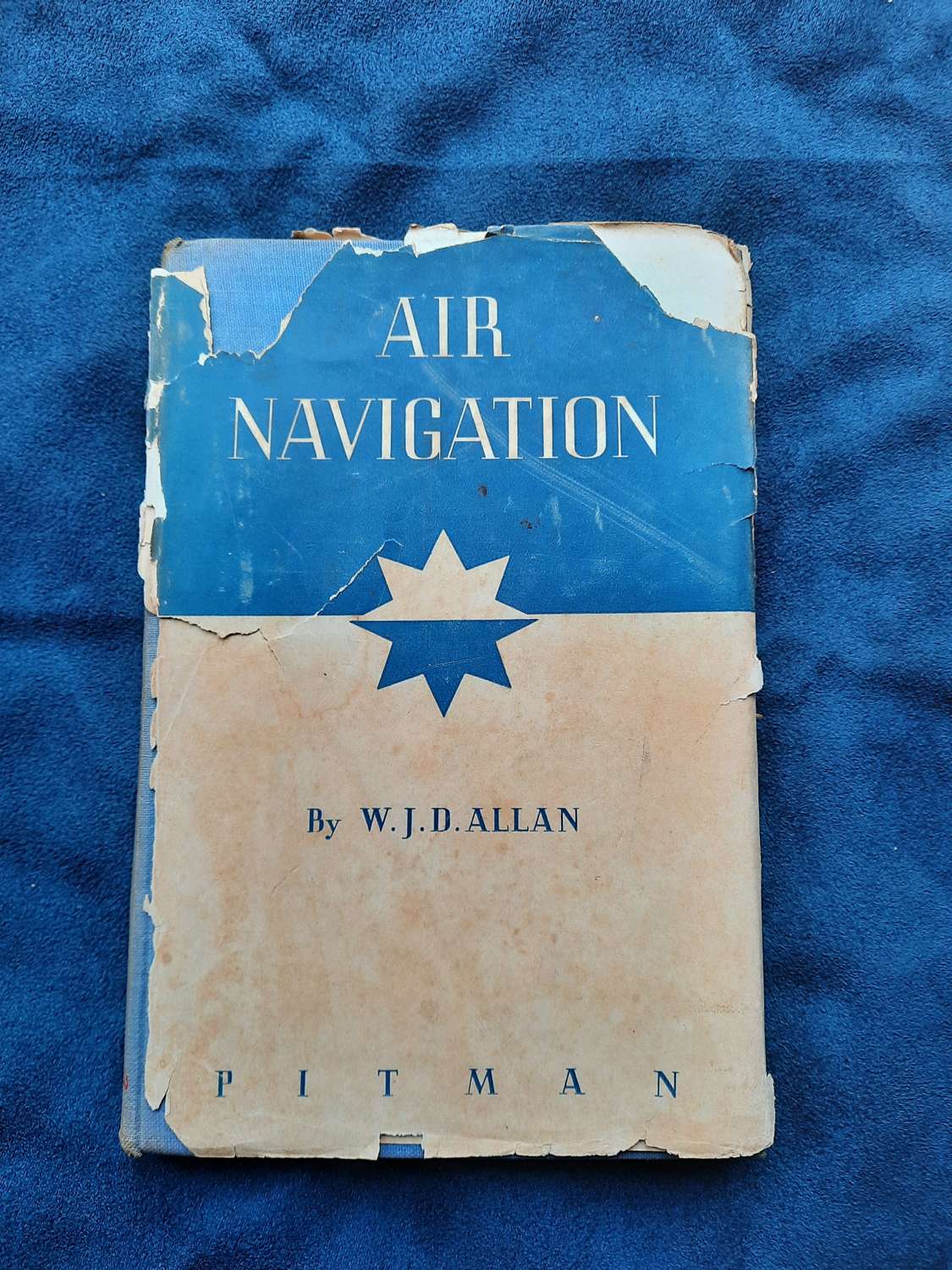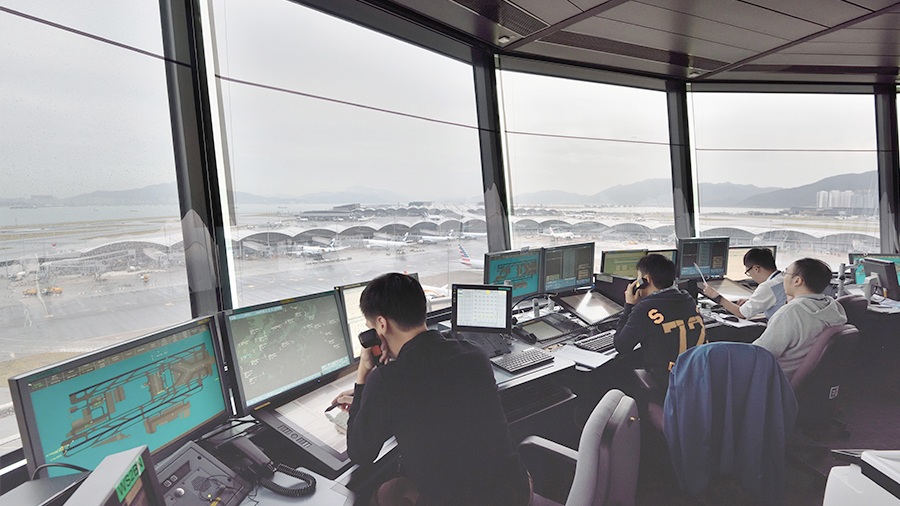

This convention stipulated that ICAO would come into being after the convention was ratified by 26 nations. It was this conference that framed the constitution of the International Civil Aviation Organization -the Convention on International Civil Aviation, also called the Chicago Convention. In November and December 1944, delegates of 52 nations met at the International Civil Aviation Conference in Chicago to plan for international cooperation in the field of air navigation in the postwar era. For these reasons, in early 1944, the United States conducted exploratory discussions with its World War II allies, on the basis of which invitations were sent to 55 allied and neutral states to meet in Chicago in November 1944. The tremendous development of aviation during World War II demonstrated the need for an international organization to assist and regulate international flight for peaceful purposes, covering all aspects of flying, including technical, economic, and legal problems. Although some progress in obtaining agreement on international flight regulations had been made by the end of the 1930s, most nations still granted very few concessions to each other's airlines, and no agreement existed permitting foreign planes to fly nonstop over the territory of one country en route to another country. In 1928, a Pan-American convention on commercial aviation was adopted at a conference held in Havana to deal with problems then emerging as international flights became more frequent in the Western Hemisphere. An international committee of jurists was also established, to concern itself with the intricate legal questions created by cross-border aviation. The commission was to meet at least once a year and concern itself with technical matters. Almost another decade elapsed before an international convention, signed in Paris in 1919, created the International Commission for Air Navigation. The first international civil aviation conference, held in 1910 and attended by European governments only, since transoceanic flight was then regarded as no more than a wild dream, was a failure. It took three years for the ratification process, but in 1947 ICAO took over the ICAN offices in Paris. Following World War II (in November 1944), 32 nations signed a Convention on International Civil Aviation establishing the permanent International Civil Aviation Organization (ICAO) to oversee international cooperation on regulations, standards, and procedures governing civil aviation. The Convention, ratified by 38 nations, began the process of creating an International Commission for Air Navigation (ICAN) ICAN established headquarters in Paris in December 1922, with Albert Roper as general secretary. In 1919, following World War I, the Paris Peace Conference created the International Air Convention to govern aspects of civil aviation. He is certified as a Program Management Professional.ĭon holds a Master’s Degree in Information Management from George Washington University and a Bachelor’s Degree in Mechanical Engineering from Carnegie Mellon University.In 1910, a conference on international air law code, attended by representatives of 18 European nations, was convened in Paris, France.

Don has a strong link to the FAA NextGen modernization initiative and was previously in charge of the NextGen International Office.ĭon started his career in private industry as technical consultant in charge of large system integration, deployment, and sustainment. Don was also stationed in Singapore as the FAA Senior International Representative to Southeast Asia, Australia, and New Zealand. He was stationed in Brussels, Belgium as the FAA Air Traffic Representative to Europe, Middle East and Africa. Previously, Don served as the FAA Group Manager in charge of the development and implementation of a suite of aviation modernization programs, to include Aeronautical Information Management, NextGen Weather Systems, Flight Services Program, Unmanned Aerial Systems, Air Traffic Flow/ Collaborative Decision Making, and System-Wide Information Management.ĭon has more than ten years of direct experience in international relations.

They advise the ICAO Council on the adoption of international standards and oversee the technical panels that develop those standards. The Air Navigation Commission is a panel of 19 independent experts appointed by countries from around the world. Don Ward was nominated by the United States to the ICAO Air Navigation Commission in 2019.


 0 kommentar(er)
0 kommentar(er)
